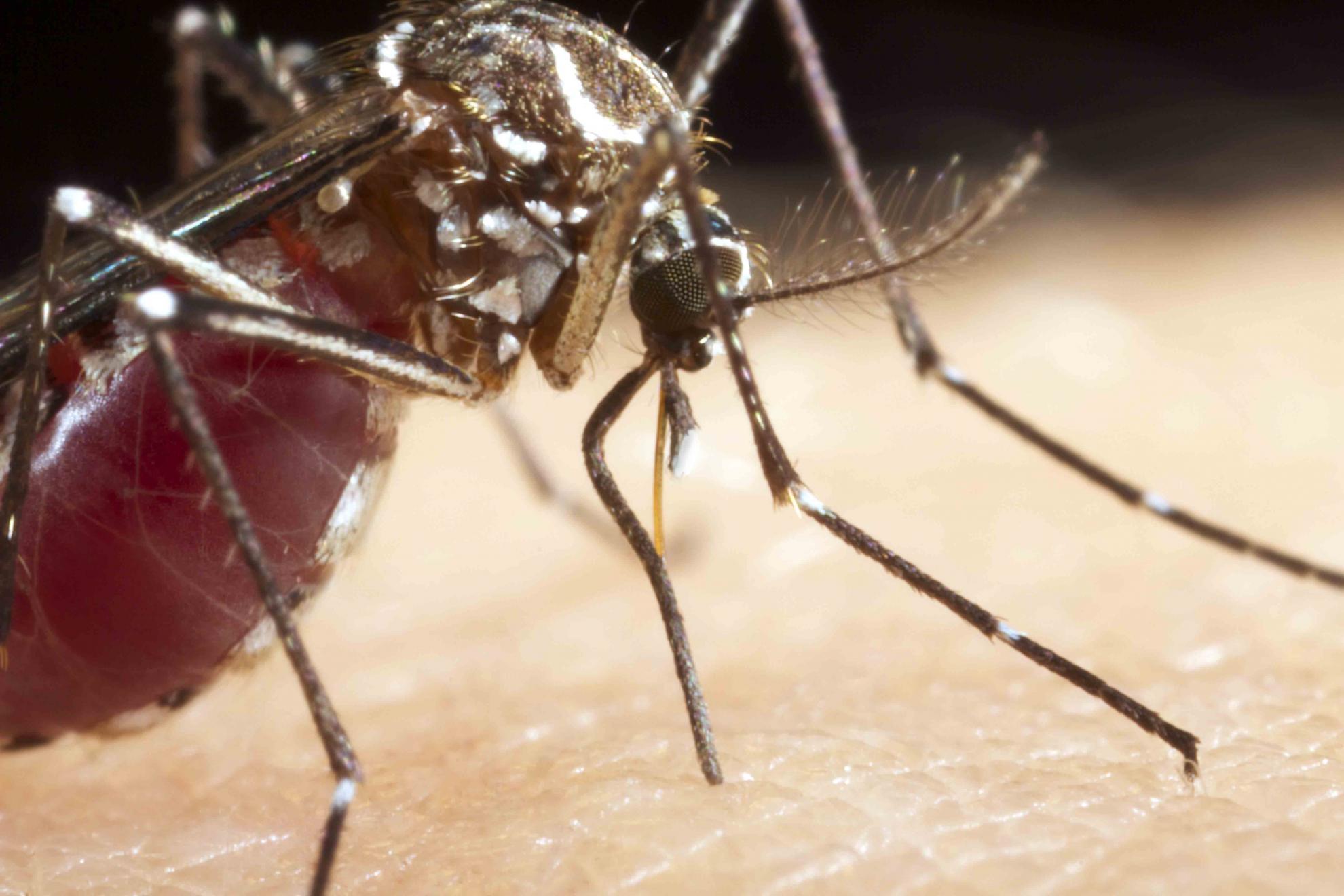Epidemics of Crimean-Congo hemorrhagic fever (CCHF) in Sudan between 2010 and 2020
Crimean-Congo hemorrhagic fever (CCHF) is a zoonotic arboviral disease that poses a great threat to global health in the Old World, and it is endemic in Europe, Asia, and Africa, including Sudan. In this retrospective study, we reviewed previous epidemiological reports about the major epidemics of CCHF throughout Sudan between 2010 and 2020. During these epidemics, the infection of humans with Crimean-Congo hemorrhagic fever virus (CCHFV), the causative agent of CCHF, was diagnosed using qRT-PCR. We have identified 88 cases of CCHF, including 13 fatalities reported during five epidemics that occurred in 2010, 2011, 2015, 2019, and 2020. The two epidemics in 2010 and 2011 were by far the largest, with 51 and 27 cases reported, respectively. The majority of cases (78%) were reported in the endemic region of Kordofan. Here, we document that the first emergence of CCHFV in the Darfur region, West Sudan, occurred in 2010. We were not able to investigate outbreak dynamics through phylogenetic analysis due to the limited diagnostic capacity and the lack of sequencing services in the country. These findings call for establishing a genomic-based integrated One Health surveillance and response system for the early preparedness, prevention, and control of CCHF in the country.

